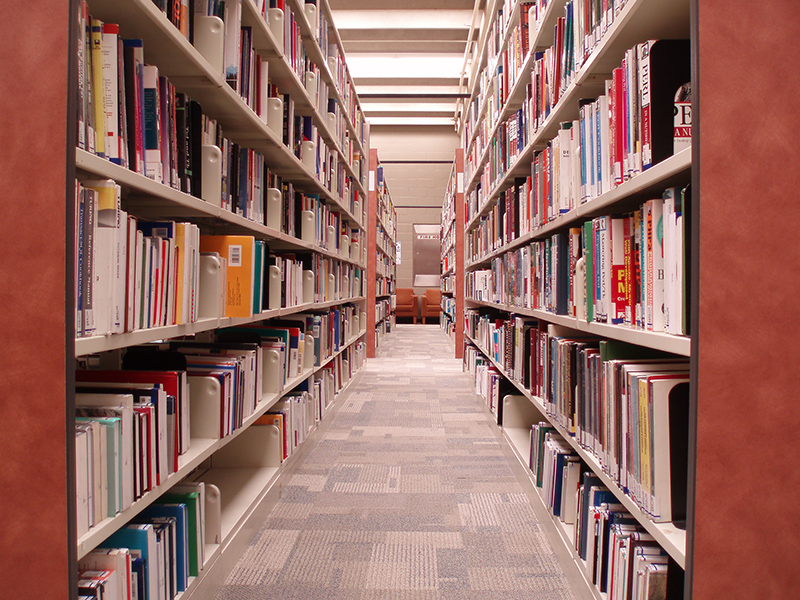Writing in the National Post recently about books that shape us, that form us as people, Robert Fulford quoted Franz Kafka, who said that a book “must be an ice-axe to break the frozen sea inside us.” At some point in our lives, many of us have been handed a book – by a teacher, a parent, a librarian or a friend – that changed us and made us who we are, or, at the very least, gave us a breathtaking new perspective or understanding.
When I sent Fulford’s article to some friends, they asked me, in return, whether there was a book that I could name that changed me. My answer was twofold – professional and personal.
As a graduate student intending to do my doctorate on continental French literature, I was introduced to French-Canadian literature via the works of Gabrielle Roy. I knew, right there and then, that literature would constitute the core of my research and teaching. Roy, as a journalist, wrote about those who settled the Canadian prairies, including Jewish farmers, whom she portrayed in glowing terms. But, it was in her literary texts that her humanistic values shone through and captured the hearts of French Canadians, and many in English Canada, too.
In my personal life, as a young professor in a new environment at the University of Waterloo, I had the good fortune to meet the late, great Rabbi Rosensweig of Beth Jacob in Kitchener-Waterloo. Knowing that my field was literature, he invited me to join his class on a very great book, our book, the book that is the bedrock of western civilization, the Torah. That, too, was a deeply transformational experience as he expertly took us through the layers of meaning, the profound significance, the probing questions and the challenges that the text represented. It was a masterful display.
I learned, in large part, how to teach from him, how to engage the students with the words, to be astonished by the characters and their predicaments, and to astonish the students and capture their attention and imagination. I also learned how to ask probing questions: Why is the parshah that starts off telling us about the death of Sarah called “The Life of Sarah?”; Why does the Torah tell us to blot out the name of Amalek but never to forget Amalek?; “How are we to understand the mission of the Jewish people in the world?
Not only did I learn about engaging, dynamic, enriching teaching, I came to understand that the book we were examining was a treasure. It was my history, my values, my patrimony and my challenge – a challenge to come to grips with the text, to struggle to understand it in all of its complexity and to internalize its meaning.
It was an intellectual and cerebral exercise, but also a profoundly moving one, an axe to break through the frozen sea inside and to expose an emotional and personal response to my own people’s gift to the world, including to myself. Through that experience it became impossible not to glimpse a vision of the Divine. Hillel said that the essence of Judaism is not to do to anyone else what you would not want done to you. But, then, he followed with the moral imperative: All the rest is commentary. Now go and study.
There is no road to Damascus for most Jews, no epiphany, no blinding light from above. It is the slow, patient, revealing study of our texts that brings us to a gradual appreciation of, and respect for, the Divine presence in the world. So, books do shape us and make us who we are. For me, both professionally and personally, I can only wonder who I would have been without them.
What about you? Was there a book that changed you or gave you an important insight or understanding?
Paul Socken is distinguished professor emeritus and founder of the Jewish Studies program in the University of Waterloo.
